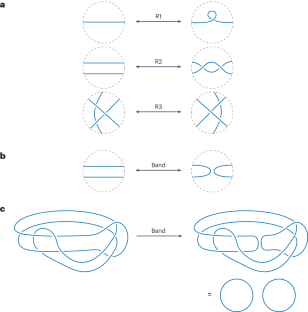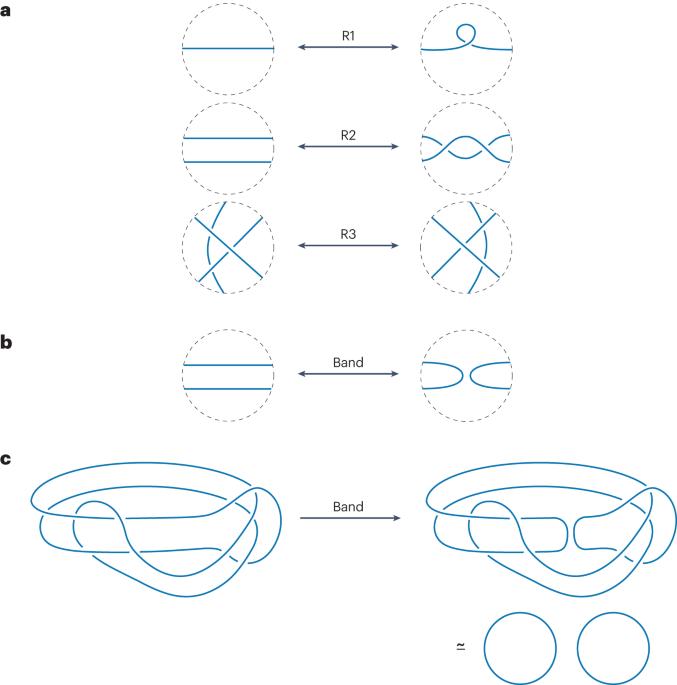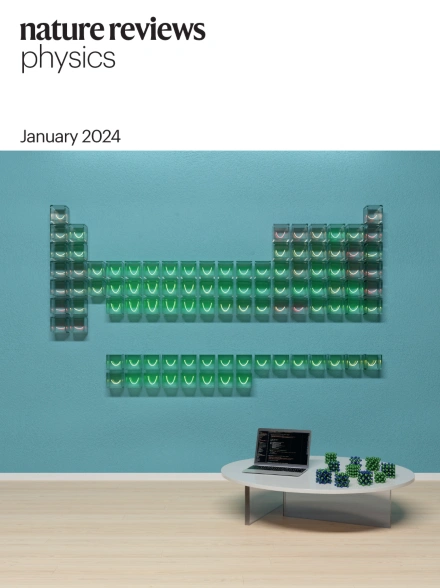Rigor with machine learning from field theory to the Poincaré conjecture
IF 44.8
1区 物理与天体物理
Q1 PHYSICS, APPLIED
引用次数: 0
Abstract
Despite their successes, machine learning techniques are often stochastic, error-prone and blackbox. How could they then be used in fields such as theoretical physics and pure mathematics for which error-free results and deep understanding are a must? In this Perspective, we discuss techniques for obtaining zero-error results with machine learning, with a focus on theoretical physics and pure mathematics. Non-rigorous methods can enable rigorous results via conjecture generation or verification by reinforcement learning. We survey applications of these techniques-for-rigor ranging from string theory to the smooth 4D Poincaré conjecture in low-dimensional topology. We also discuss connections between machine learning theory and mathematics or theoretical physics such as a new approach to field theory motivated by neural network theory, and a theory of Riemannian metric flows induced by neural network gradient descent, which encompasses Perelman’s formulation of the Ricci flow that was used to solve the 3D Poincaré conjecture. Machine learning techniques may appear ill-suited for application in fields that prioritize rigor and deep understanding; however, they have recently found unexpected uses in theoretical physics and pure mathematics. In this Perspective, Gukov, Halverson and Ruehle have discussed rigorous applications of machine learning to theoretical physics and pure mathematics.


从场论到波恩卡莱猜想,机器学习的严谨性
尽管机器学习技术取得了成功,但它们往往是随机的、容易出错的和黑箱的。那么,如何将它们用于理论物理和纯数学等必须获得无差错结果和深刻理解的领域呢?在本视角中,我们将以理论物理和纯数学为重点,讨论利用机器学习获得零错误结果的技术。非严格方法可以通过猜想生成或强化学习验证获得严格结果。我们考察了这些严谨性技术的应用,范围从弦理论到低维拓扑学中的光滑 4D Poincaré 猜想。我们还讨论了机器学习理论与数学或理论物理学之间的联系,如神经网络理论激发的场论新方法,以及神经网络梯度下降诱导的黎曼度量流理论,其中包含佩雷尔曼用于求解三维波恩卡莱猜想的利玛窦流公式。
本文章由计算机程序翻译,如有差异,请以英文原文为准。
求助全文
约1分钟内获得全文
求助全文
来源期刊

Nature Reviews Physics
Multiple-
CiteScore
47.80
自引率
0.50%
发文量
122
期刊介绍:
Nature Reviews Physics is an online-only reviews journal, part of the Nature Reviews portfolio of journals. It publishes high-quality technical reference, review, and commentary articles in all areas of fundamental and applied physics. The journal offers a range of content types, including Reviews, Perspectives, Roadmaps, Technical Reviews, Expert Recommendations, Comments, Editorials, Research Highlights, Features, and News & Views, which cover significant advances in the field and topical issues. Nature Reviews Physics is published monthly from January 2019 and does not have external, academic editors. Instead, all editorial decisions are made by a dedicated team of full-time professional editors.
 求助内容:
求助内容: 应助结果提醒方式:
应助结果提醒方式:


